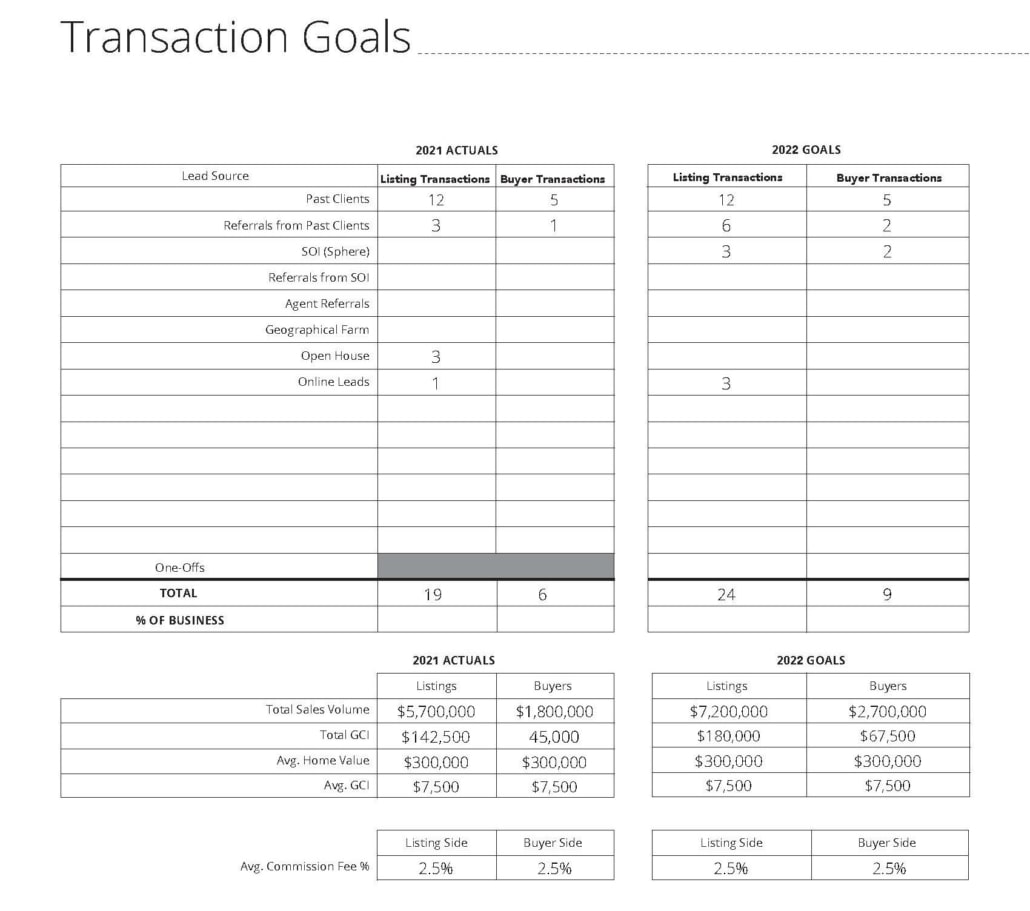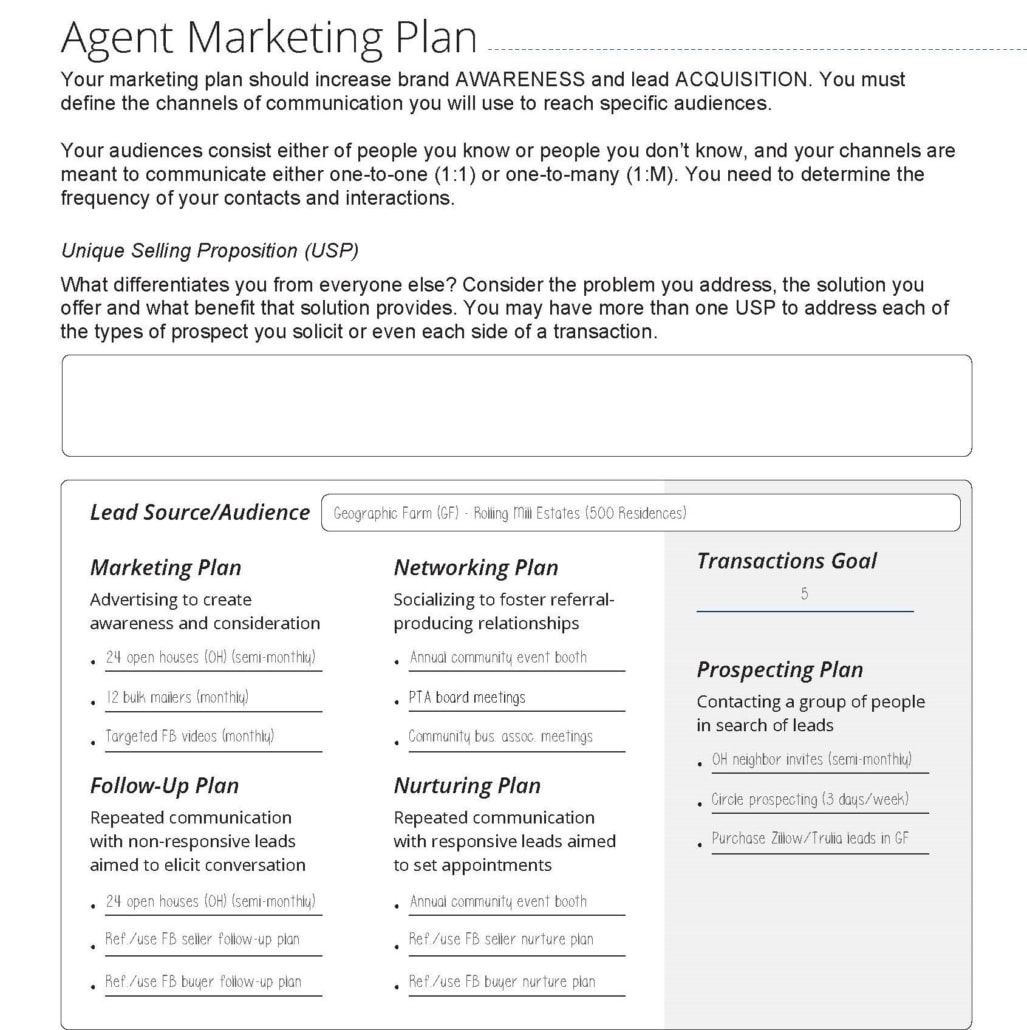Realtors: Three Simple Questions to Vet Your Buyers
You’ve just met a great potential client – we’ll call her Sally. Sally says she’s ready to buy a house and wants you to start pounding the pavement on her behalf. Your first inclination is to a) do a celebratory dance because you have a new client (yay 2022!) then b) send her immediately to a lender (like your friends at Alderus Mortgage) to see what kind of loan she qualifies for.
But before you do either of those things (and waste a lot of everyone’s time if Sally isn’t truly a good prospect), you need to ask Sally three simple questions. These questions will help you understand how dialed in Sally is in the important areas for every loan. By asking these questions, you’ll know pretty quickly if you should send Sally to your favorite lender and if you should really spend the next couple months hitting the streets to find Sally her dream home.
![]()
1) WHAT IS YOUR CURRENT EMPLOYMENT SITUATION?
The pandemic has wreaked havoc on the employment market. Many have lost their jobs or left them for various reasons. Some have started their own businesses or switched careers completely. It’s important to know how Sally is employed or how she’s generating income. A strong employment history and steady income build a strong case for someone to purchase a home. Lenders are more apt to loan money if they know Sally can make her future mortgage payments.
![]()
2) HOW IS YOUR CURRENT FINANCIAL SITUATION?
There are several things you need to consider when assessing Sally’s current financial situation. Remember, there are always fees associated with closing on a house, like down payments and closing costs, so it is important to understand how much Sally has saved and is willing to invest in her new abode. If she doesn’t have any money saved, she may not be ready to move forward. What about Sally’s credit score? If she has a score of 640 or higher, she’ll be more likely to qualify for a loan. How much debt is Sally carrying? If she’s got a lot of debt and not a lot of income (we call this debt-to-Income ratio), she may not be in a good position to purchase. You certainly don’t want to put Sally in a situation where she’s eating canned soup every day in her new home, so it’s important to be as honest and realistic with her about what she can and cannot afford. If Sally’s finances are not in order, it might be best to recommend that she work to improve her credit score and save enough for a down payment before directing her to a mortgage lender.
![]()
3) WHAT IS YOUR CURRENT LIVING SITUATION?
If Sally is going to qualify for a loan, lenders need to know where she’s been living for the last several years. Does she rent? Does she currently own another home? Does she live with a spouse or family members? All of these are great questions for you to ask in your kick off conversation with Sally. This information paints a bigger picture for lenders, as Sally may have equity in the current home she owns. If she has a husband or wife, the lender will also need to understand their current financial situation.
![]()
These questions, while simple, can be uncomfortable to ask since many people are very private about their finances. That’s why it’s important to help your potential buyer understand why you’re asking these questions. Let them know you’re not prying – you’re just trying to make sure they’re on the right path to homeownership. Reassure them that if they’re not ready yet, there are things they can do to prepare, and it starts with getting their financial house in order.
At Alderus Mortgage, we’re focused on education – for our real estate partners and their clients. We know many people dream of owning their own home but aren’t quite ready. If you’re not sure if your buyer will qualify for a loan, reach out to us today. We may be able to offer some simple tips to put them on the right path to making their dreams a reality.




